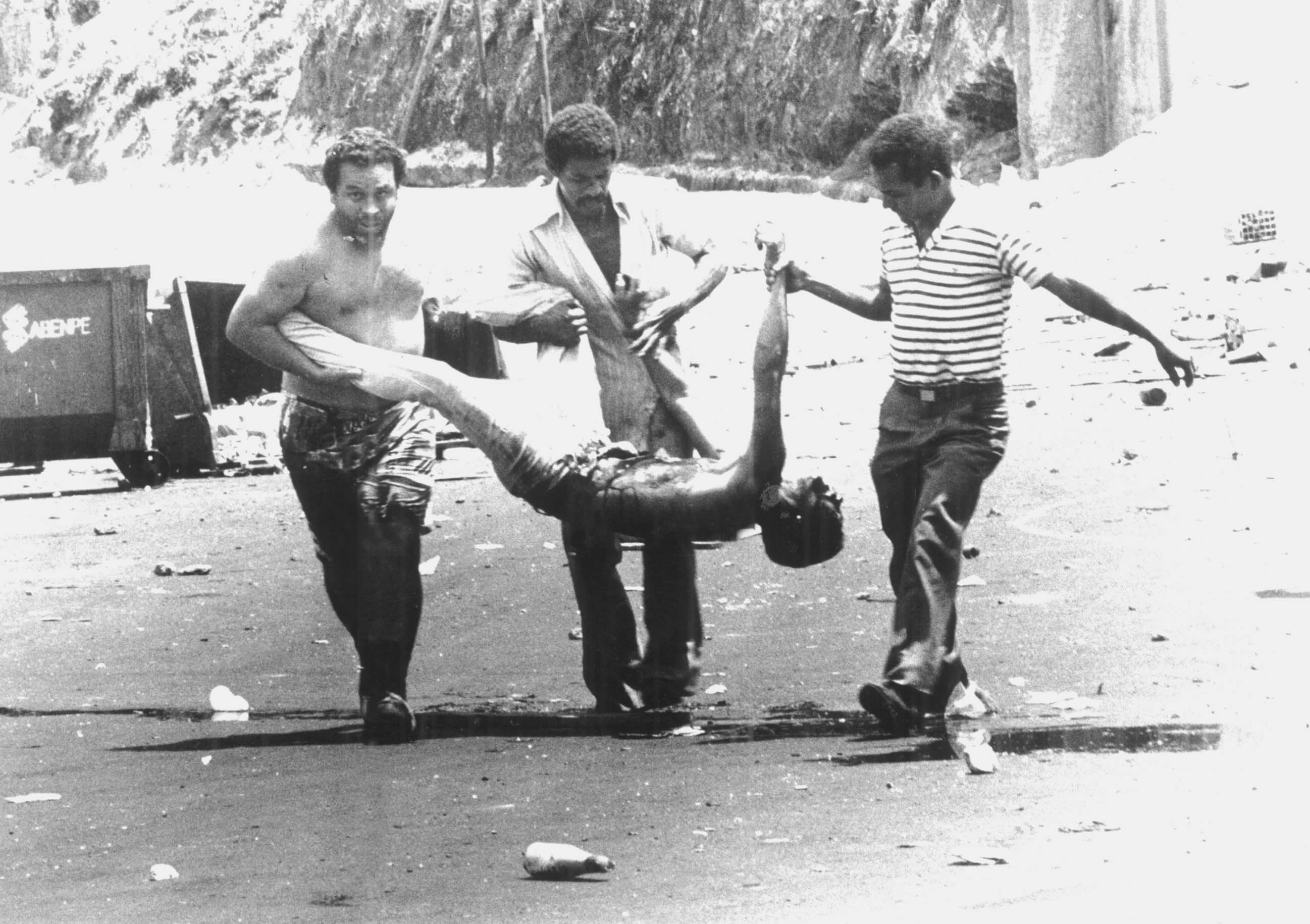Latin America
Related: About this forumVenezuelan voters face crucial choice: Reelect Maduro or give opposition a chance after 25 years
https://apnews.com/article/venezuela-presidential-election-maduro-machado-edmundo-crisis-115b02aa4ad25b7fb8cf583b3dd10a7fBY REGINA GARCIA CANO
Updated 12:11 AM EDT, July 26, 2024
CARACAS, Venezuela (AP) — The future of Venezuela is on the line. Voters will decide Sunday whether to reelect President Nicolas Maduro, whose 11 years in office have been beset by crisis, or allow the opposition a chance to deliver on a promise to undo the ruling party’s policies that caused economic collapse and forced millions to emigrate.
Historically fractured opposition parties have coalesced behind a single candidate, giving the United Socialist Party of Venezuela its most serious electoral challenge in a presidential election in decades.
Maduro is being challenged by former diplomat Edmundo González Urrutia, who represents the resurgent opposition, and eight other candidates. Supporters of Maduro and Gonzalez marked the end of the official campaign season Thursday with massive demonstrations in the capital, Caracas.
[...]
A deal that allowed the opposition coalition to participate in the election won Maduro some relief from crippling economic sanctions imposed by the United States. But that respite was short-lived. President Joe Biden’s administration reimposed the sanctions, citing mounting government repression of real and perceived adversaries, including blocking the candidacy of opposition powerhouse María Corina Machado.
[...]
Judi Lynn
(162,790 posts)Wikipedia:
The Caracazo is the name given to the wave of protests,[6][7][8] riots and looting[9] that started on 27 February 1989 in the Venezuelan city of Guarenas, spreading to Caracas and surrounding towns following austerity measures from President Carlos Andrés Pérez. The weeklong clashes resulted in the deaths of hundreds, thousands by some accounts, mostly at the hands of security forces and the military.[2][3][10][11] The riots and the protests began mainly in response to the government's economic reforms and the resulting increase in the price of gasoline and transportation[6][7][9][2]
Background
During the presidency of Carlos Andrés Pérez from 1973 to 1979, the political elite in Venezuela believed that the nation faced a near-unlimited supply of cashflow due to high oil prices at the time and his administration racked on large amounts of debt.[13] A fall in oil prices in the mid-1980s caused an economic crisis to take hold in Venezuela, and the country had accrued significant levels of debt. Nevertheless, the administration of President Jaime Lusinchi was able to restructure the country's debt repayments and offset an economic crisis but allow for the continuation of the government's policies of social spending and state-sponsored subsidies.[14]
Lusinchi's political party, the Democratic Action, was able to remain in power following the 1988 election, which saw Carlos Andrés Pérez return for his second tenure as president. Pérez based his campaign in his legacy of abundance during his first presidential period,[15] creating perceptions of being a populist leader as he promised that Venezuela would continue to modernize even though it was facing economic difficulties.[2] During his campaign, he heavily rejected liberalization policies,[16] describing the International Monetary Fund (IMF) staff as "genocide workers in the pay of economic totalitarianism" and its policies as a "bomb that only kills people."[2][13] Receiving 53% of the vote, Pérez demanded that Latin American debt be devalued by fifty percent and said that the region was a victim of international exploitation during celebrations after his inauguration.[2]

President-elect Carlos Andrés Pérez at a World
Economic Forum meeting a month before the Caracazo
. . .
At 1:00 pm, police fired upon an increasingly large and agitated crowd near the Parque Central Complex, killing student Yulimar Reyes,[35] shooting her in the face with a shotgun at point-blank range.[34] 65 civilians were reported dead by 6:00 pm, with no severe casualties reported among authorities.[35]
. . .
Despite initial debate within the government over how to manage the situation, a heavy-handed approach was implemented as a state of emergency and martial law were imposed.[3] On February 28, a number of articles of the Constitution were suspended, including Article 60 (right to individual liberty and security), Article 62 (inviolability of the home), Article 66 (freedom of expression), Article 71 (right to gather publicly and privately), and Article 115 (right to peaceful protest).[38] According to army lieutenant Jesús Manuel Zambrano, he received instructions that day, saying "The order was: 'Go and neutralize that looting, how you do it is not my problem, but neutralize it'."[13] Some groups of troops allowed organized thefts to occur, letting people enter shops and take only essential items.[7][13] In public statements, Pérez spoke of defending the property of the wealthy while making polarized statements that poor individuals protesting–who were the majority in the nation–were "committed to violence" and were "subversives", resulting with the government rationalizing a violent response to demonstrations.[2] Despite the government blaming radical political groups for the rioting, such groups themselves were surprised by the escalation of unrest and some attempted to prevent looting.[13] Middle-class citizens responded to the protests by creating their own self-defense groups while some upper-class fled the situation in private jets due to fears of their property being destroyed.[2]
More:
https://en.wikipedia.org/wiki/Caracazo





ETC. ETC. ETC.
Judi Lynn
(162,790 posts)in the condo he bought for her, until he died.


Carlos Andrés Pérez

Pérez' wife, and his mistress fought it out in court over which one got to bury his body, since he was dead, of course, in the town where he had lived with her, either in Caracas, with the wife, or Miami, with the mistress. The wife won.